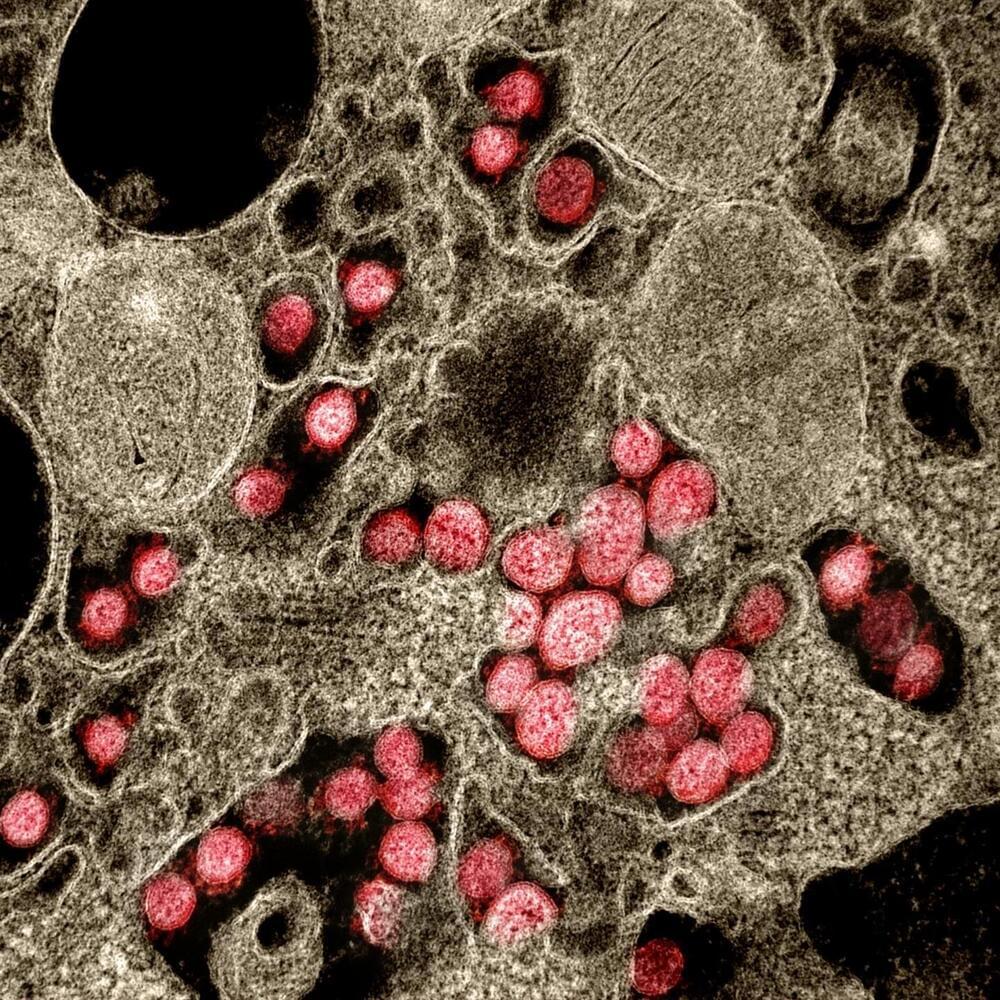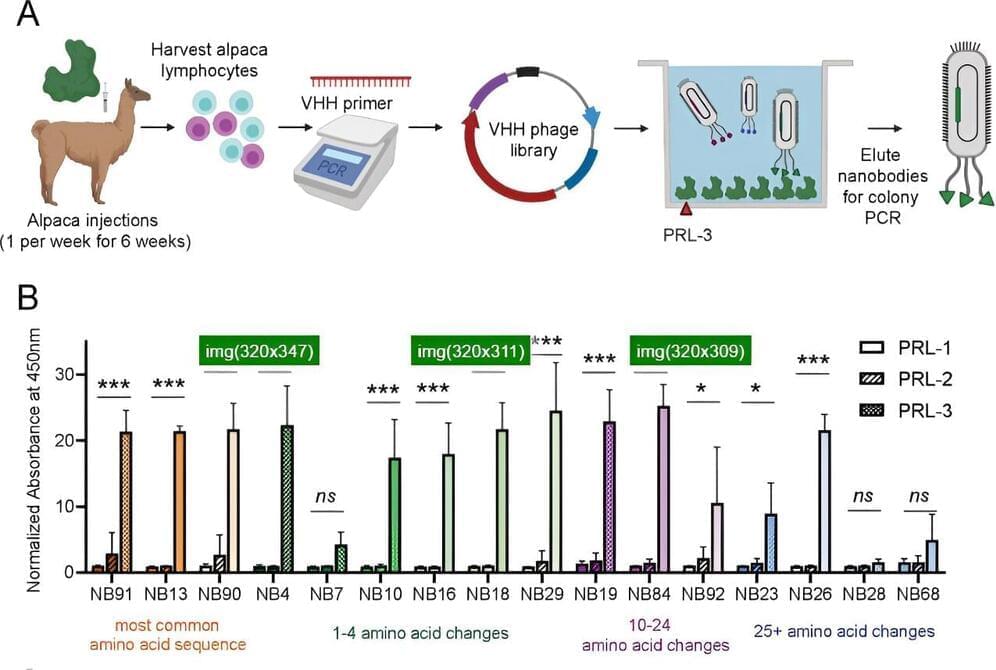Page 1555
Aug 10, 2023
The world’s first all-electric race boat successfully aced its first test
Posted by Quinn Sena in category: futurism
Have you heard of the E1 World Electric Powerboat Series? It’s the Formula 1 for race boats and it boasts some pretty powerful models.
The E1 series will essentially be an electrified version of the F1H20 powerboat racing series and will utilize a hydrofoil design for its boats, allowing them to be lifted some 16 in (40 cm) over the water’s surface.
Now, one of the boasts called the RaceBird made to compete in the race has finally been tested and it performed even better than expected, according to a statement published by E1 on Monday.
Aug 10, 2023
High Voltage Ion Engines Take Trip On The High Seas
Posted by Quinn Sena in category: space travel
Over the last several months, we’ve been enjoying a front-row seat as [Jay Bowles] of Plasma Channel has been developing and perfecting his design for a high voltage multi-stage ionic thruster. With each installment, the unit has become smaller, lighter, and more powerful. Which is important, as the ultimate goal is to power an RC aircraft with them.
There’s still plenty of work to be done before [Jay] will be able to take his creation skyward, but he’s making all the right moves. As a step towards his goal, he recently teamed up with [RcTestFlight] to attach a pair of his thrusters — which have again been further tweaked and refined since we last saw them — to a custom catamaran hull. The result is a futuristic craft that skims across the water with no moving parts and no noise…if you don’t count the occasional stray arc from the 40,000 volts screaming through its experimental thrusters, anyway.
Continue reading “High Voltage Ion Engines Take Trip On The High Seas” »
Aug 10, 2023
The Epigenetic Impact of Cannabis Use During Pregnancy on Child’s Health
Posted by Arthur Brown in categories: biotech/medical, food, genetics, health, neuroscience
Specifically, the researchers examined how THC administered through edibles, a common consumption method, influenced epigenetic changes in crucial areas for fetal development, including the placenta, fetal lung, brain, and heart.
In recent years, the popularity and availability of cannabis has grown significantly, with various consumption methods like edibles gaining traction. However, alongside this trend, there has been a worrisome increase in cannabis use among pregnant women. Unfortunately, our understanding of the detailed effects of using cannabis during pregnancy on the developing child remains limited. Because normal fetal development relies on the crucial process of epigenetic regulation and gene expression modification, it has been suggested that studying the molecular changes linked to cannabis exposure during pregnancy could provide important insights.
To gain a better understanding of the effects of cannabis use during pregnancy, researchers from the Oregon Health & Science University (OHSU) conducted a unique preclinical study that focused on investigating the epigenetic impact of THC, the main active component in cannabis, on fetal development and future health outcomes. The study’s findings were published in the journal Clinical Epigenetics.
Continue reading “The Epigenetic Impact of Cannabis Use During Pregnancy on Child’s Health” »
Aug 10, 2023
Nuclear-Powered Rockets Are One Step Closer to Reality
Posted by 21st Century Tech Blog in category: nuclear energy
DRACO is a demonstrate prototype of a nuclear-powered rocket that is scheduled for launch in 2027.
Aug 10, 2023
What Does Elon Musk Mean By an “Everything” App?
Posted by Arthur Brown in categories: Elon Musk, futurism
Is X, the Wechat for the rest of us?
After a sudden rebrand, Twitter is now called X. This new name was previously discussed by Elon Musk, who strongly associates the “X” brand with Twitter’s future as an “everything” app. But what is an “everything” app, and how will X become one?
Aug 10, 2023
Quantum material exhibits ‘non-local’ behavior that mimics brain function
Posted by Dan Breeden in categories: computing, information science, mathematics, neuroscience, quantum physics
We often believe computers are more efficient than humans. After all, computers can complete a complex math equation in a moment and can also recall the name of that one actor we keep forgetting. However, human brains can process complicated layers of information quickly, accurately, and with almost no energy input: recognizing a face after only seeing it once or instantly knowing the difference between a mountain and the ocean.
These simple human tasks require enormous processing and energy input from computers, and even then, with varying degrees of accuracy.
Creating brain-like computers with minimal energy requirements would revolutionize nearly every aspect of modern life. Quantum Materials for Energy Efficient Neuromorphic Computing (Q-MEEN-C)—a nationwide consortium led by the University of California San Diego—has been at the forefront of this research.
Aug 10, 2023
Nanobodies inhibit SARS-CoV-2 infection, including emergent variants
Posted by Dan Breeden in category: biotech/medical
Australian researchers have identified neutralizing nanobodies that block the SARS-CoV-2 virus from entering cells in preclinical models.
The discovery paves the way for further investigations into nanobody-based treatments for COVID-19.
Published in PNAS, the research is part of a consortium-led effort, bringing together the expertise of Australian academic leaders in infectious diseases and antibody therapeutics at WEHI, the Doherty Institute and the Kirby Institute.
Aug 10, 2023
Tiny antibodies hold big promise for cancer treatment
Posted by Dan Breeden in category: biotech/medical
Using antibodies derived from alpacas, a University of Kentucky research team has developed a tool that could lead to new therapies to stop the growth of several types of cancer.
While cancer researchers have known that a protein called PRL-3 is linked to the growth of colon, breast, lung, skin and blood cancers, there is little understanding about how it works due to a lack of tools to study it effectively.
With unique alpaca antibodies known as nanobodies, the team led by UK Markey Cancer Center researcher Jessica Blackburn, Ph.D., developed the first effective tool to specifically target PRL-3.


















